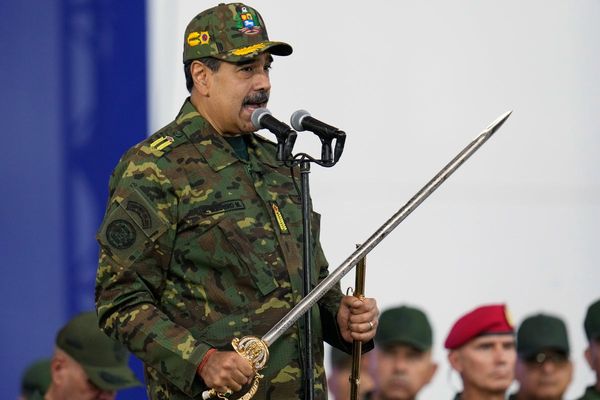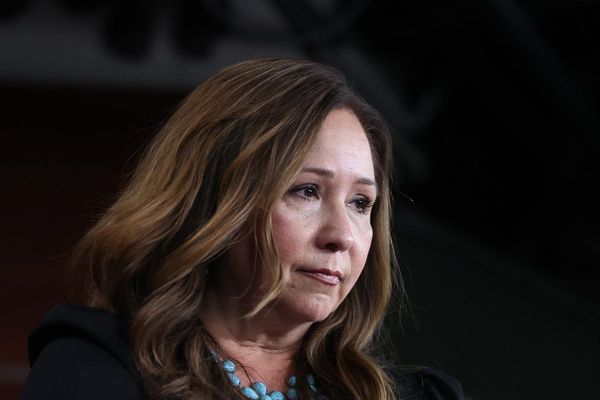Morocco’s prime minister, Aziz Akhannouch, has praised the security force reaction to protests over corruption and public spending and said the government was ready for talks, as organisers called for a sixth night of protests.
In a statement, Akhannouch said the death toll in the protests had risen to three.
Local authorities had earlier reported that two people had been killed in the southern city of Lqliâa on Wednesday night after security forces opened fire at protesters during demonstrations.
Morocco’s state news agency, Map, had cited local authorities as saying two people were killed by police who were acting in self-defence while trying to seize police weapons, as anti-government protests that started as a call for social justice reforms took a deadly turn.
Security forces used firearms after teargas failed to stop the group from storming into the security force’s facility, local authorities said. Armed with knives, the group set fire to a part of the facility and to a vehicle, local authorities said.
The deaths were the first fatalities as anger mounts across the north African country over government spending.
The recent wave of youth anger was sparked by earlier protests over poor hospital conditions after eight women died in a public hospital in the city of Agadir, and quickly spread to other cities.
The protests started on Saturday with demands for better education and healthcare and have been organised online by a loosely formed anonymous youth group calling itself GenZ 212, which has been using used platforms such as TikTok, Instagram and the gaming social chat app Discord to mobilise support.
Membership in GenZ 212’s Discord server has surged from about 3,000 last week to more than 130,000 today.
The protests mirror similar youth-led unrest that has swept countries such as Nepal, Madagascar and Kenya.
Authorities initially responded with attempts to quash the rallies, but the demonstrations escalated into widespread unrest on Tuesday night. The interior ministry said 263 members of the security forces and 23 civilians were injured during clashes.
On Wednesday night, violence spread to the city of Salé, where groups of young men in densely populated neighbourhoods hurled stones at police, looted shops, set banks on fire and torched police vehicles, according to witnesses.
The demonstrations have taken the country by surprise and emerged as some of Morocco’s biggest in years. There have been mass arrests in more than a dozen cities, particularly in places where jobs are scarce and social services lacking.
Protesters are decrying what they see as widespread corruption, contrasting the flow of billions in investment toward preparation for the 2030 World Cup the lacking funding for and poor state of schools and hospitals.
Pointing to stadiums under construction or renovation across the country, protesters have chanted: “Stadiums are here, but where are the hospitals?” and alleged rampant corruption at everyday people’s expense.
The link has drawn attention to deep disparities in Morocco. Despite rapid development according to some metrics, many Moroccans feel disillusioned by its unevenness.
Officials have denied prioritising World Cup spending over public infrastructure, saying problems facing the health sector were inherited from previous governments.
In Morocco’s parliament, the governing majority said it would meet on Thursday to discuss healthcare and hospital reforms as part of a meeting headed by the prime minister.
Nic Cheeseman, a professor of democracy at the University of Birmingham, said the protests had been triggered by economic issues and were happening “in more urbanised areas that are not as deeply authoritarian”.
“In general, it is where extremely young populations interact with urbanisation and economic downturn, under conditions where it is possible to protest,” he said.
On Thursday, GenZ 212 announced further “peaceful protests”. The demonstrations were scheduled to begin at 1600 GMT, the group said, adding that gathering points would be announced later in the day.
Reuters, AFP and Associated Press contributed to this report







